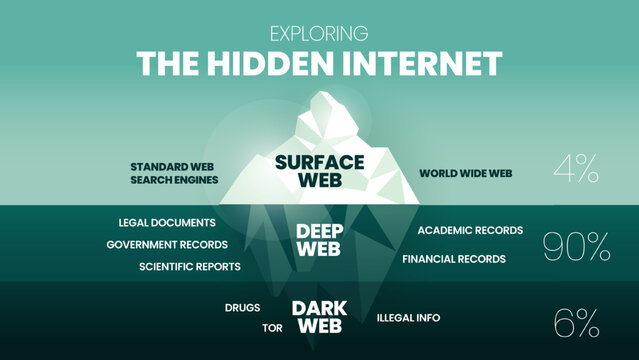The deep web will be the place in the world Wide Web that isn’t placed in standard web search-engine programs. It’s sometimes when compared to the tip associated with an ocean or iceberg, since it represents a sizable element of the Internet’s information.
It contains whatever lives behind paywalls, password protected sites or some other sort of content that is certainly hidden from regular web crawlers. Some examples include emails, private content on social networking sites, office intranets, online bank statements and fee-for-service websites like Netflix.

Although it may seem shady gain access to deep websites, there are lots of legitimate uses of it. For example, it will help protect payment information when purchasing services or goods online. It also allows citizens in oppressive regimes to prepare and speak freely without fear of being caught by government surveillance.
Additionally, deep web allows scientists to express scientific articles and research that isn’t readily available in the real world. This is particularly crucial in third-world countries in which the budgets for research are really low that it could be impossible to conduct these studies otherwise.
Gain access to the deep web, you need a special computer software like Tor that anonymizes your computer and sends data through layers of encrypted servers. This implies your details is virtually unreadable to anyone except anybody you’re contacting. Once you’ve installed the software program, you’ll have to know the actual URL of the deep web site that you would like to go to. You’ll also need a specific internet browser that supports Tor, which looks completely different as opposed to typical browser.
For more details about deep web see our new webpage


